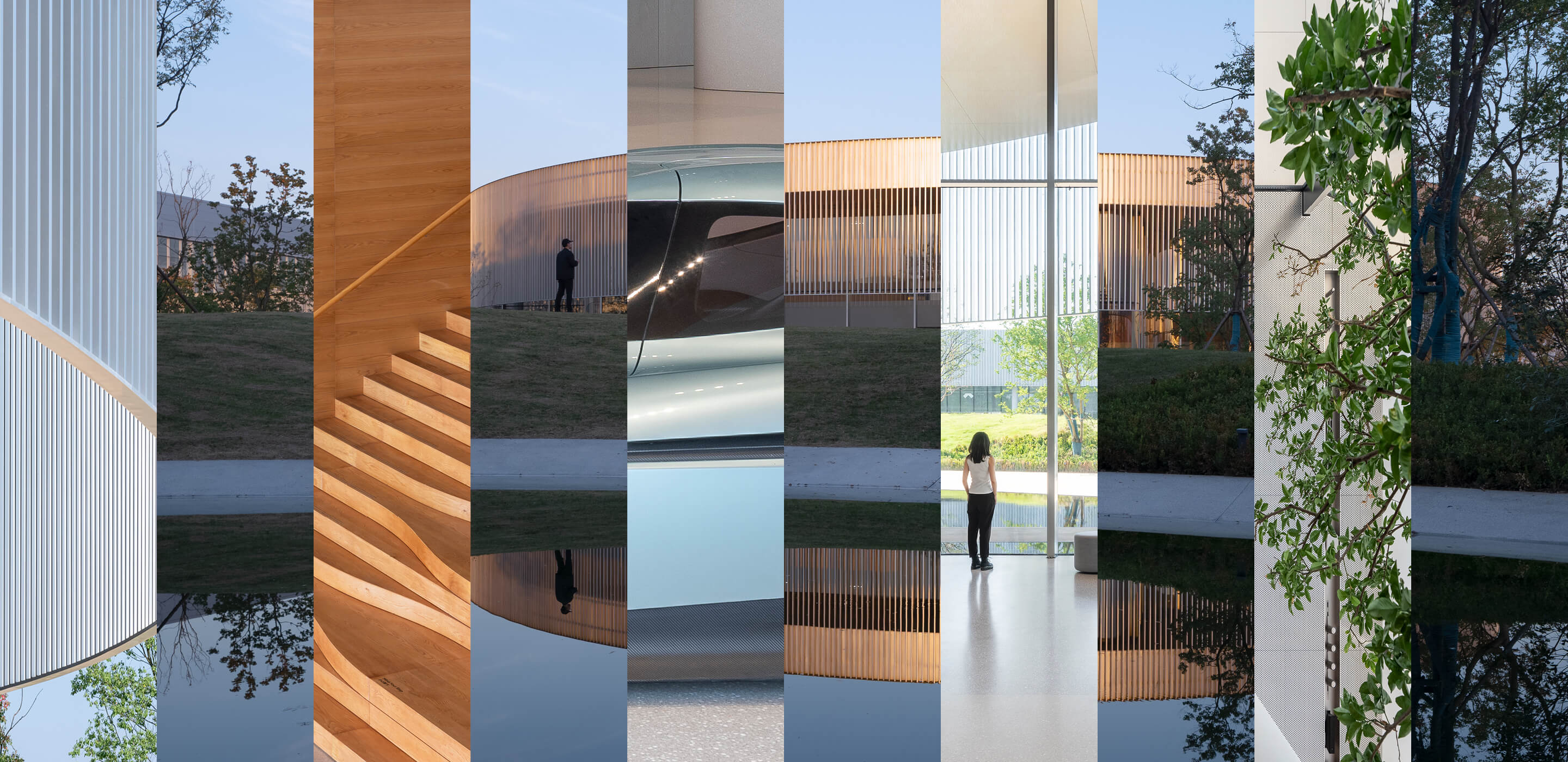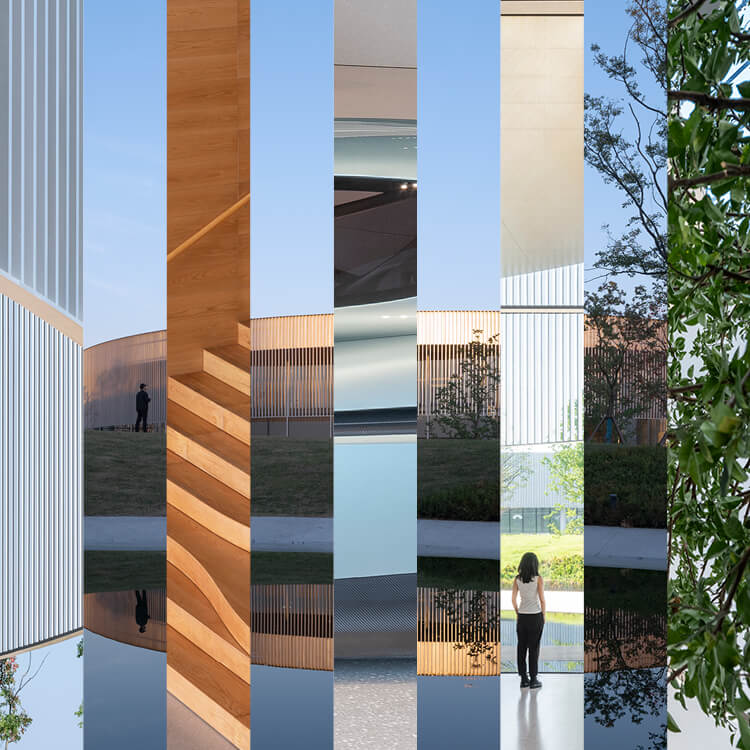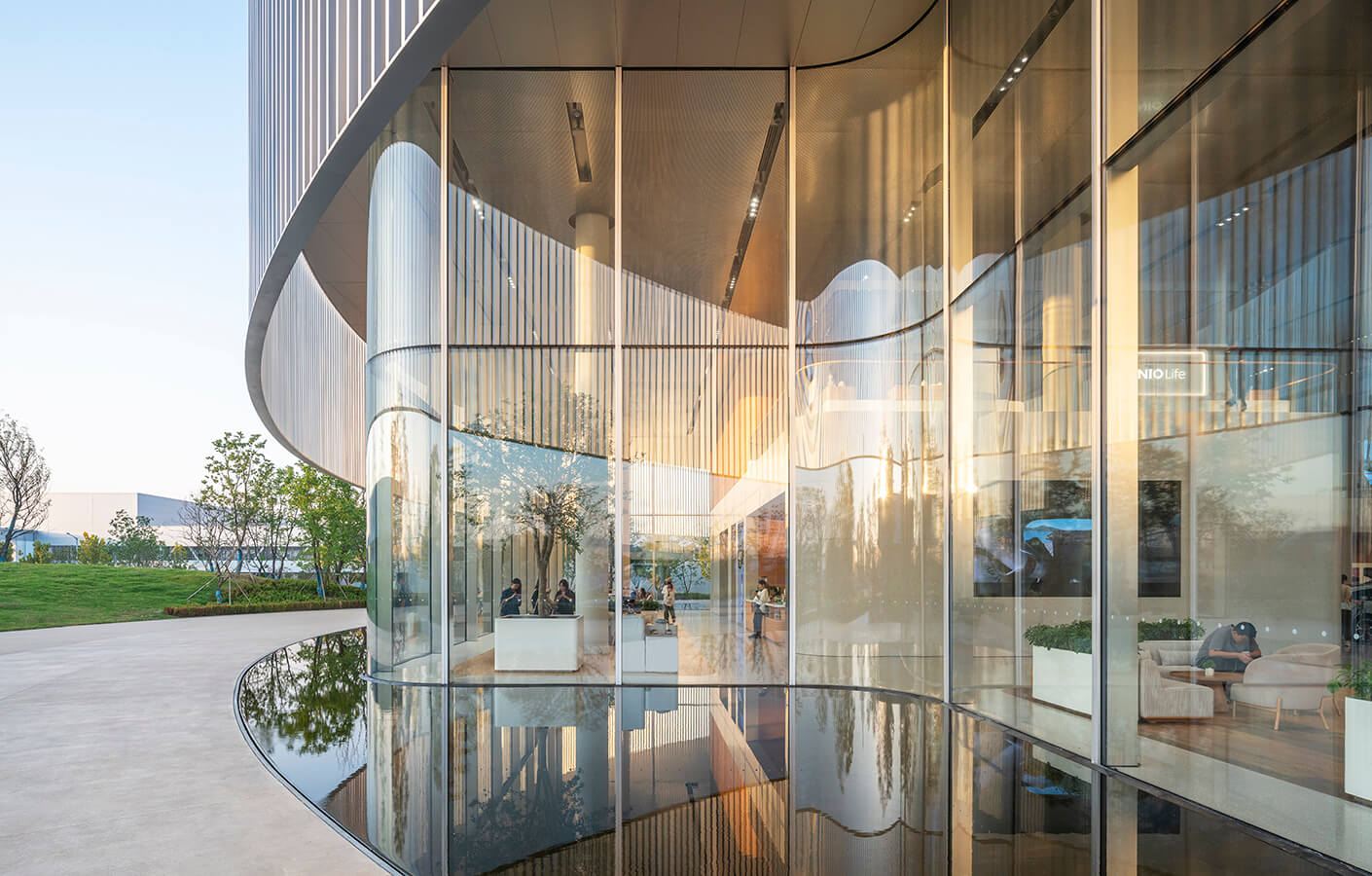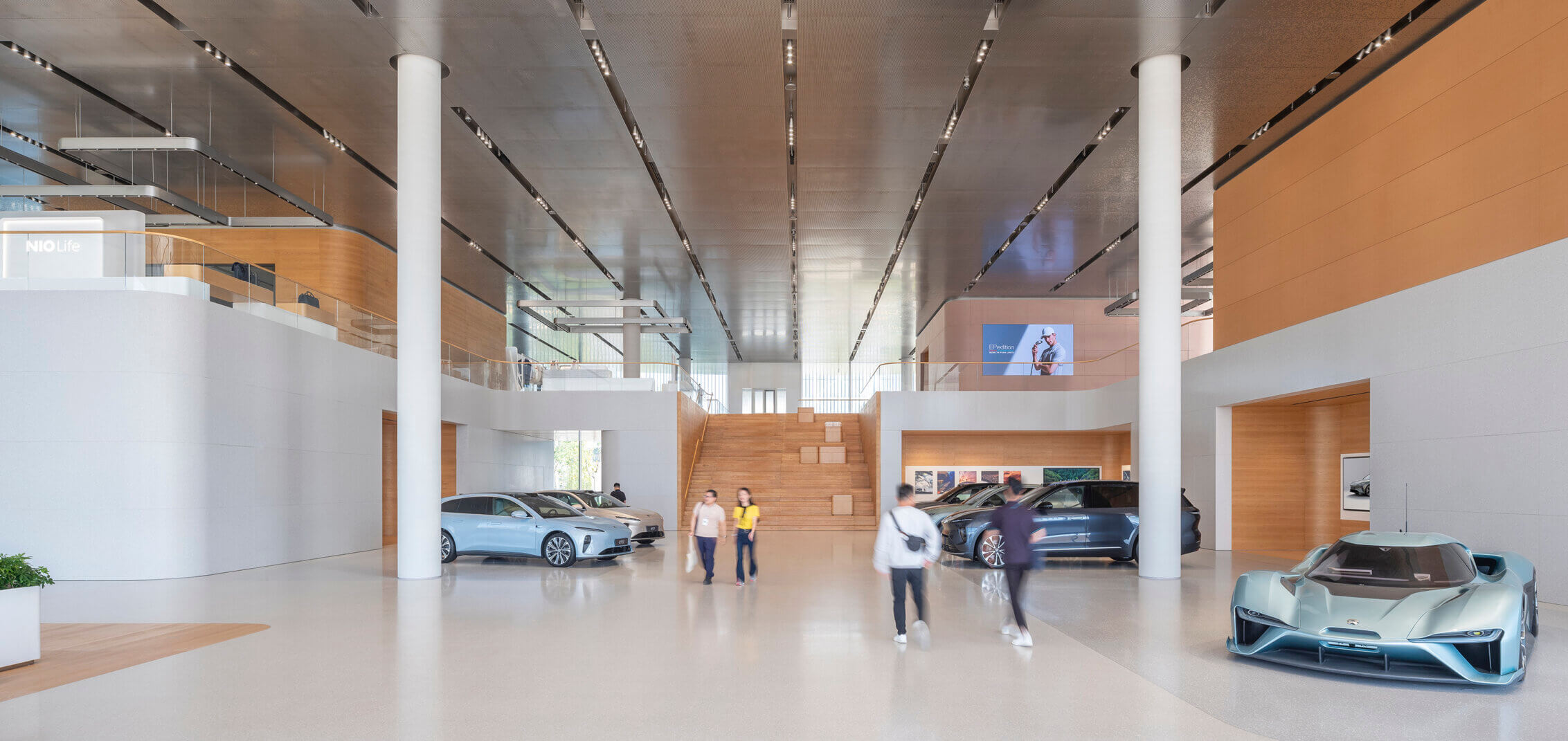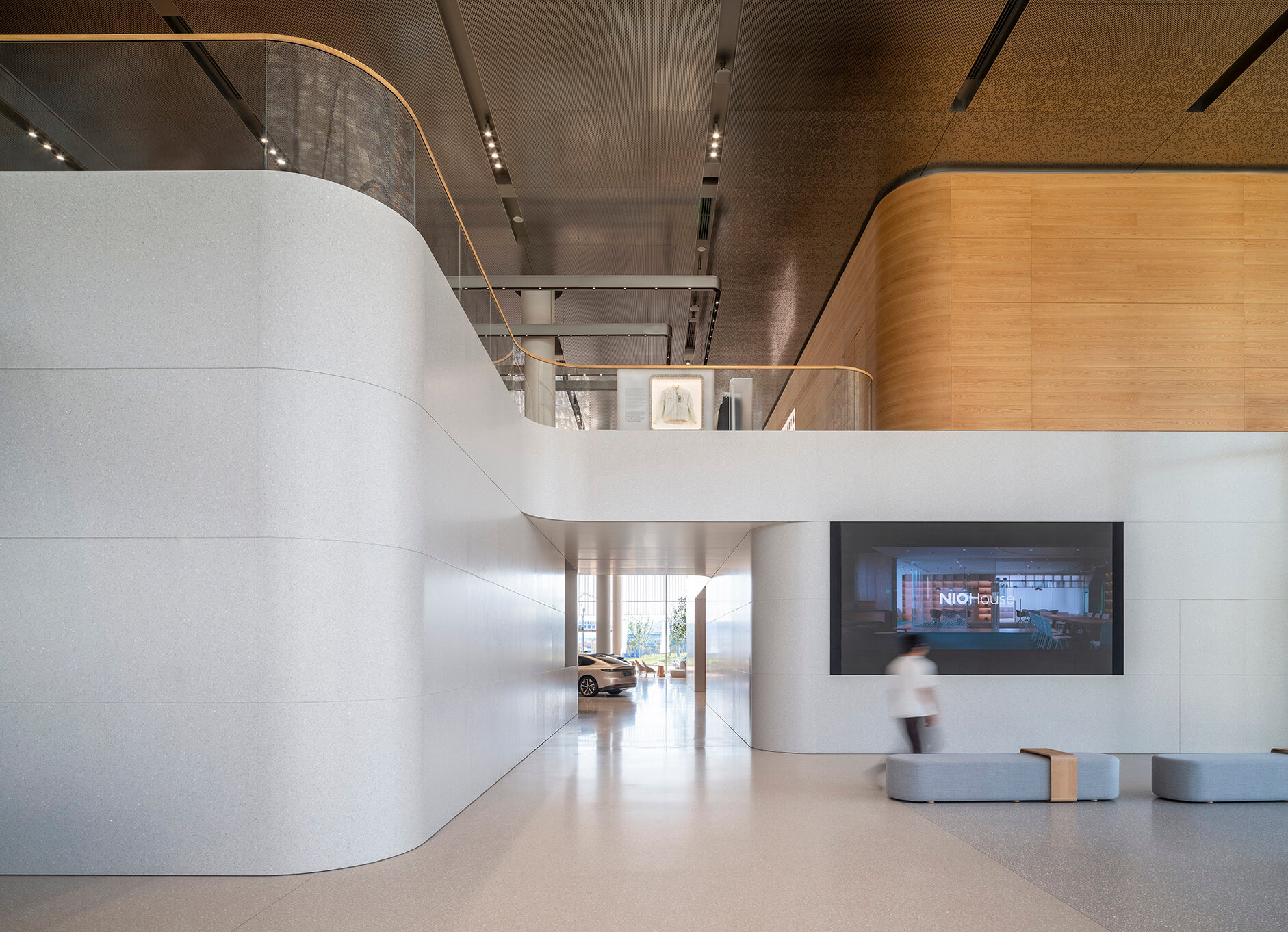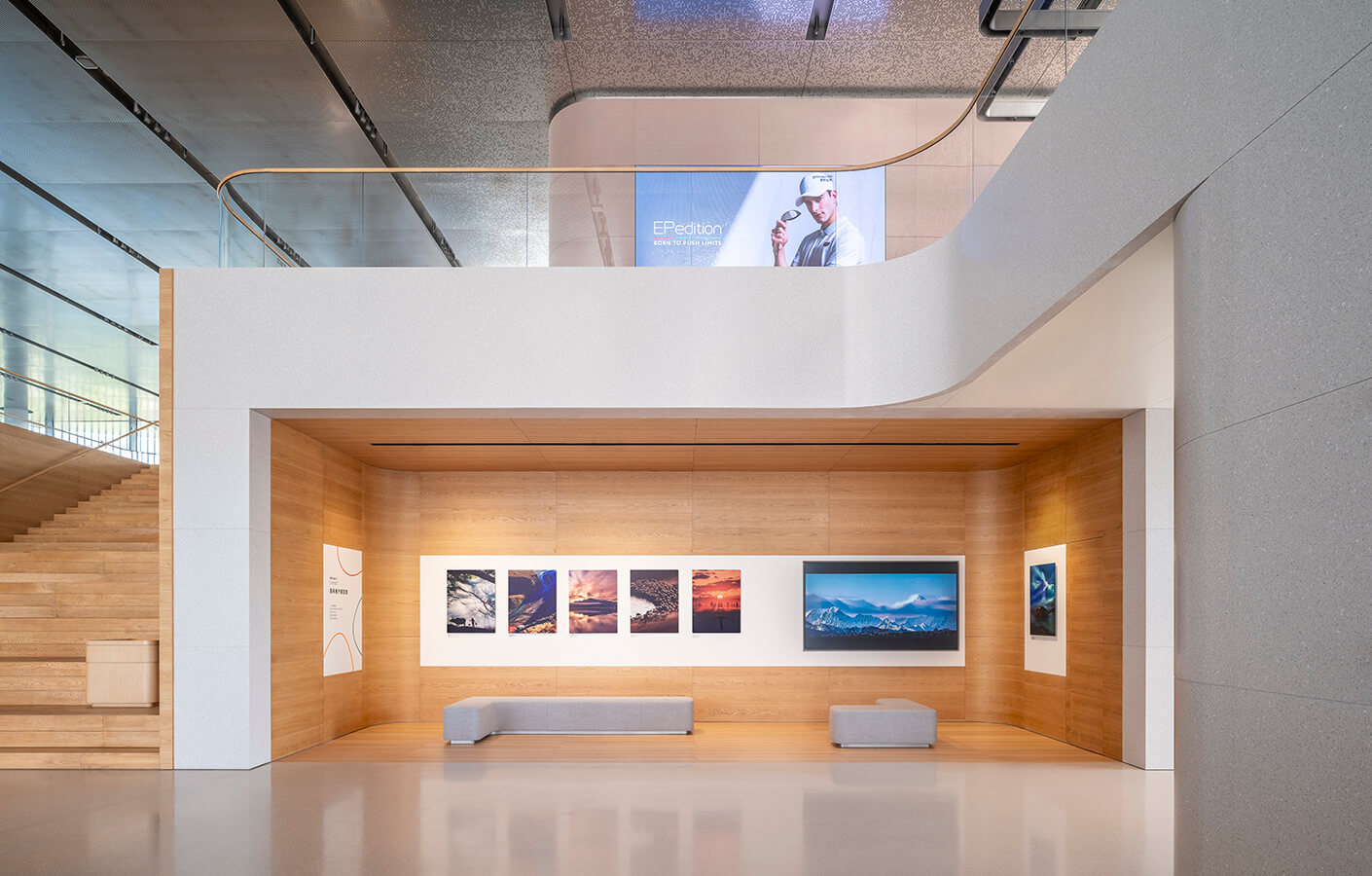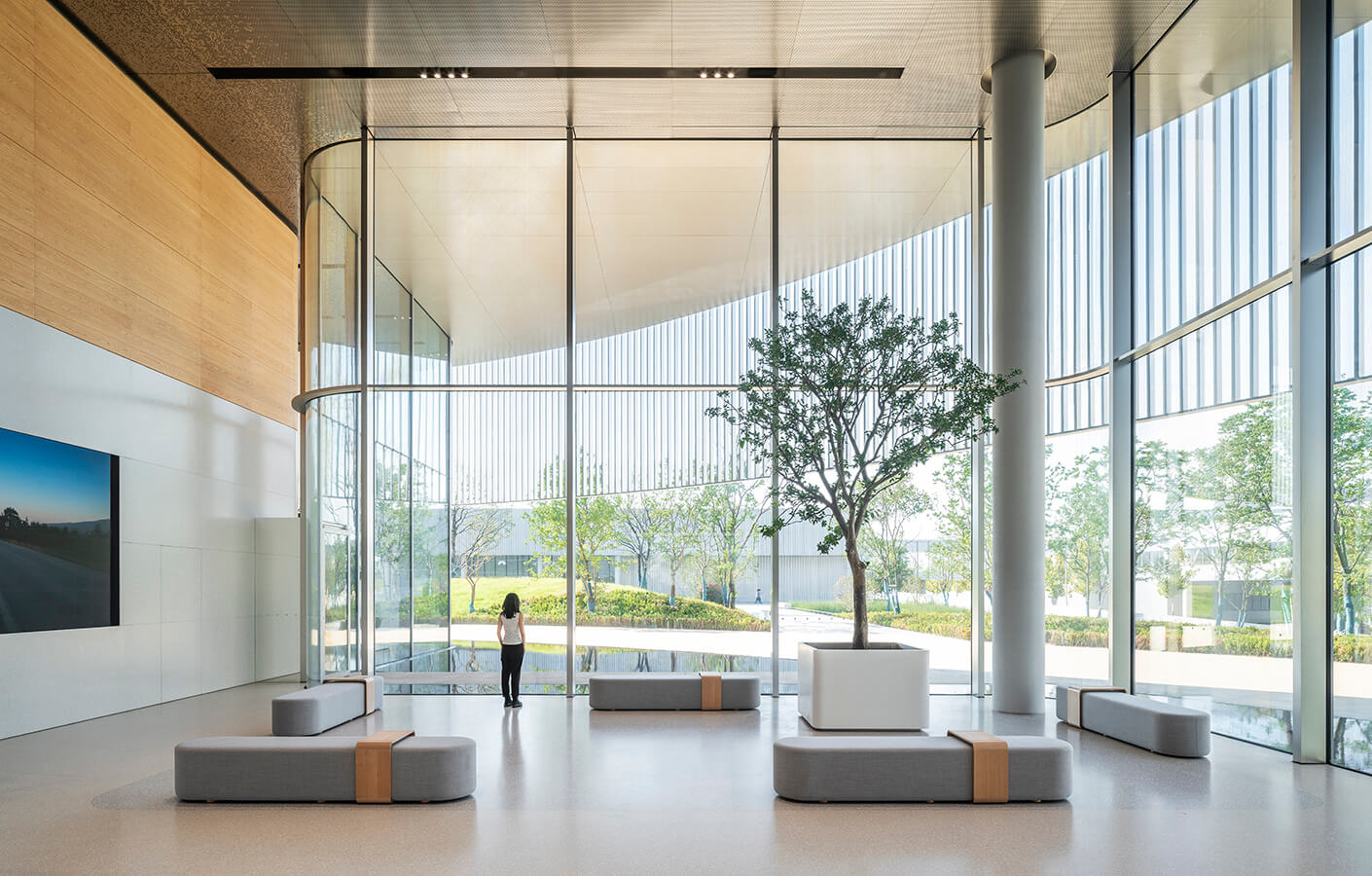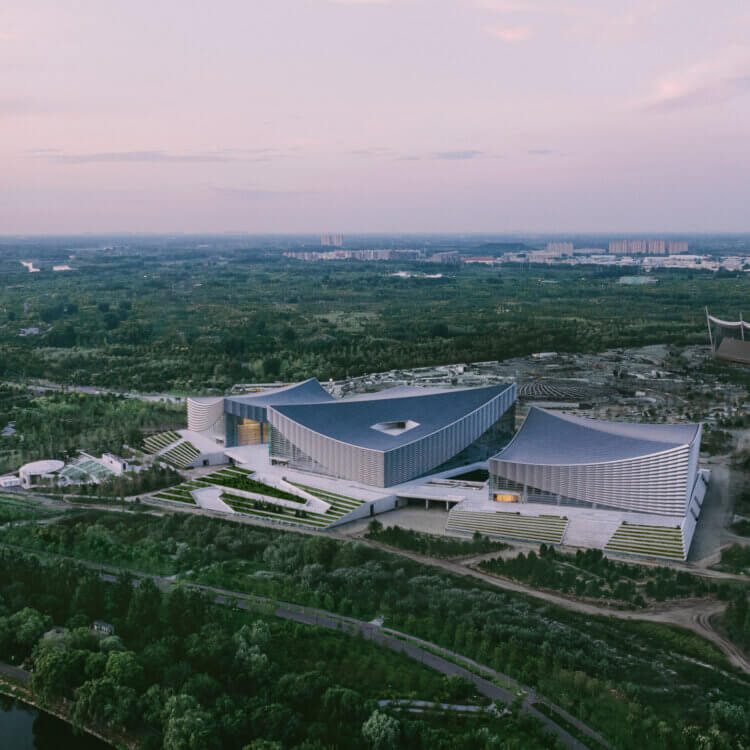CH: What would you say makes NIO different from other EV makers? How did you create space for your company in such a crowded field?
WL: NIO was born a global startup, with investors and teams from around the world. As early as 2015 when NIO was first founded, we set up the R&D and design teams in Munich, the advanced engineering team in Oxford, and the smart technology team in San Jose. Of course, our major teams are in Shanghai, Hefei, and Beijing. We hope to draw together the best talent worldwide to achieve a shared vision. Being a global startup has been one of our founding principles since the beginning.
Secondly, NIO has always considered technology as its foundation. In the past few years, we have invested billions of U.S. dollars into R&D and technological innovation. Last year, our R&D investment amounted to nearly 2 billion U.S. dollars, roughly $500 million per quarter. All the established premium and luxury car brands are leading or were once leading in technology. As we are lucky enough to participate in the smart EV transition, we believe that our unwavering investment into technology can give NIO an edge on the competition.
Thirdly, a premium brand should provide above-average services. NIO has a handful of innovative technologies and practices in EV charging and battery swapping, as well as offline touchpoints. Our charging and swapping service is more convenient than gas refueling, which also differentiates NIO from other EV companies.
All premium brands, or all great brands, have one ultimate vision for sure, that is how a company can contribute to society. NIO hopes to encourage the use of smart EVs through its continuous technological innovation, and ultimately make the vision of “Blue Sky Coming” a reality. This is what has been propelling us and our users.
